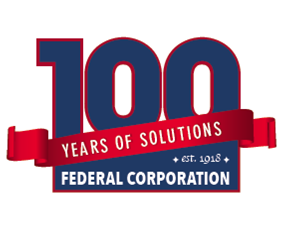
Many different codes are adhered to in Oklahoma; here’s a listing of the main approval bodies that we run across:
Oklahoma State Boiler Code: Obviously the number one agency for approving a new boiler installation in the state of Oklahoma. We find that the inspectors are a very knowledgeable and conscientious bunch. Anytime there is an interpretation to be made they should be consulted. The Oklahoma City office telephone number for the Chief Boiler Inspector is (405) 528-1500, extension 242, or the statewide number is 1-888-269-5353, extension 242.
Controls and Safety Devices (CSD-1): CSD-1 code is a term that you will hear in Oklahoma quite a bit. The Ok State Boiler Code adopted this back in July 1994. CSD-1 is an amendment to the ASME code that gives a level of safety that adopts most of the UL code and some of the IRI and FM requirements. CSD-1 is a state requirement on any combustion equipment above 400,000 btuh input.
GE Capitol (formerly Industrial Risk Insurance-IRI): GE Capitol has long been recognized as a level of safety above the standards that UL recognize. On any piece of gas fired equipment above 2,500,000 btuh input it is prudent to strongly consider requiring the GE Capitol approval. Factory Mutual Insurance (FM): FM is another insurance industry standard that will require additional safety controls. Again, on the larger boilers, if you are serious about safety insist on one of the agency approvals such as FM. Underwriter’s Laboratories (UL): UL has been one of the most basic approval bodies in North America for many years. Insist that your equipment carry the UL label.
American Society of Mechanical Engineers (ASME): ASME has set up a code that should be followed in the construction of the boiler. No manufacturer would consider building a boiler without ASME approval.
National Board (NB): NB has the unenviable job of keeping track of all the pressure vessels built. The NB registers all manufactured boilers and pressure vessels, trains inspectors and provides accident investigation services.
ADVANCED TECHTIPS…The above listing is by no means exhaustive or meant to cover all the nuances of each code. Please contact us for a thorough explanation of the code requirements as needed. Tech Tip #13 is published by Gordon-Piatt and details many of the different requirements of each of the typical gas controls used in conjunction with the above agencies.